Is Parliament sovereign (and over what)?
A feedback request to the Parliament website… their overreach is concerning
I have just sent the following email to the feedback address given on the Parliament website, in response to this page.
Clarification sought on website public statement on Parliamentary sovereignty
I note the following statement on the Parliament website:
Parliamentary sovereignty is a principle of the UK constitution. It makes Parliament the supreme legal authority in the UK, which can create or end any law. Generally, the courts cannot overrule its legislation and no Parliament can pass laws that future Parliaments cannot change. Parliamentary sovereignty is the most important part of the UK constitution.
This statement causes me concern, since at face value it is treasonous, which I am sure is not your intent:
It implies that Parliament has sovereign authority to make constitutional changes (which are as much law as anything else), when it cannot; its power is limited via the Bill of Rights and Magna Carta, among other constitutional devices that prevent Parliament doing anything to the detriment of the people.
It implies that Parliament is above the monarch, who needs to give assent to all changes in legislation, and the formation of a government. This is not a mere decorative matter; although the power to decline to give assent has not been exercised in recent times, it still exists.
It implies that Parliament is above the people, who delegate their sovereignty to the monarch via the coronation oath. That oath of service to the people and pledge to support their laws and customs (including common law rights), means Parliament cannot be sovereign in totality. The referenda for various changes in the law demonstrate this.
The statement also confuses legislation with law. The latter requires the public to endorse the legislation via the jury process, as well as being developed via case law, which again has an involvement of the (sovereign) public, who reserve and retain the power of punishment. Furthermore, my understanding (correct me if wrong) is that legislation also requires consent of the governed — such as when we enter into commerce we agree to the governing legislation of trade.
It is accepted (as I understand it as a layman) that Parliament is sovereign over the legislative process in the way you describe, and also over the executive and its operations. However, this is the "virtual entrance" to Parliament, so one would expect a very precise and circumspect use of language.
The danger to the public is the normalisation of a (false) understanding of sovereignty, and the assumption of tacit consent by such a statement not being challenged. I acknowledge the challenge of brevity versus accuracy and clarity that you face on such a web page. Yet I feel this is a legitimate concern to raise.
I have three questions for you.
1. Who is accountable at Parliament for this particular public statement, given it potentially could be (mis)interpreted to usurp the powers of the monarch and people?
2. Does it accurately reflect the position of Parliament, or does it need review in the light of possible misunderstanding or confusion, or augmentation with a deeper exposition?
3. Is there any formal declaration, publication, or paper that defines Parliament's own understanding of its constitutional authority, relationship to sovereignty, and limits on power?
I hope that this feedback is not seen as nitpicking over words. If there is not a shared understanding between the public of the powers that Parliament actually has, or believes it has, then that could become a serious problem. Our history has multiple periods of great upheaval based on the contended space of sovereignty, so it is no trivial matter! Even contentious rulings like Dr Bonham's Case have not entirely disappeared from the memory of our culture.
Kind regards,
Martin Geddes
Let’s see what response I get!
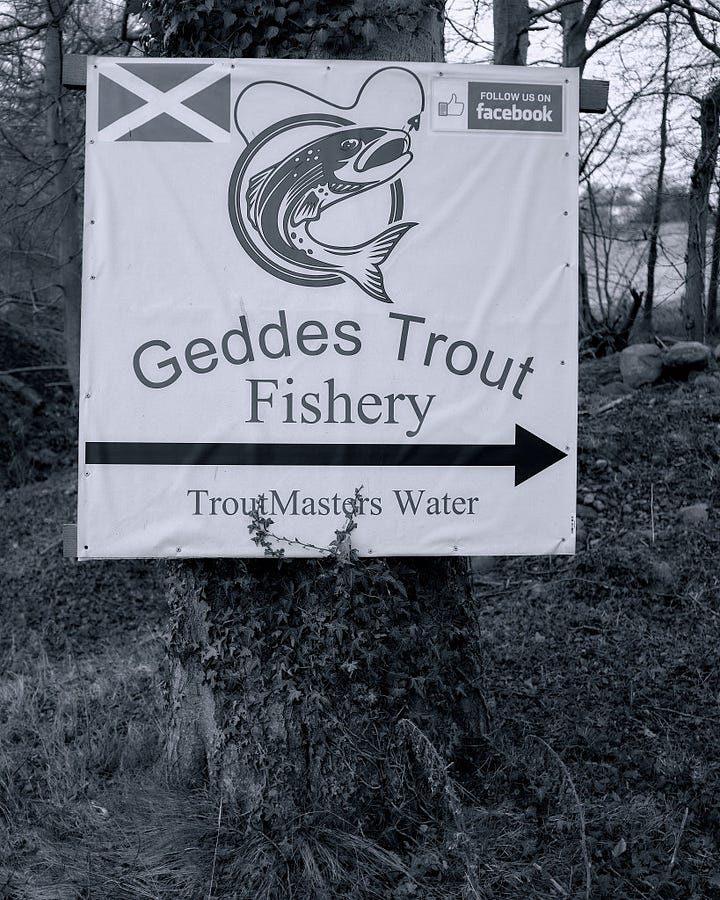
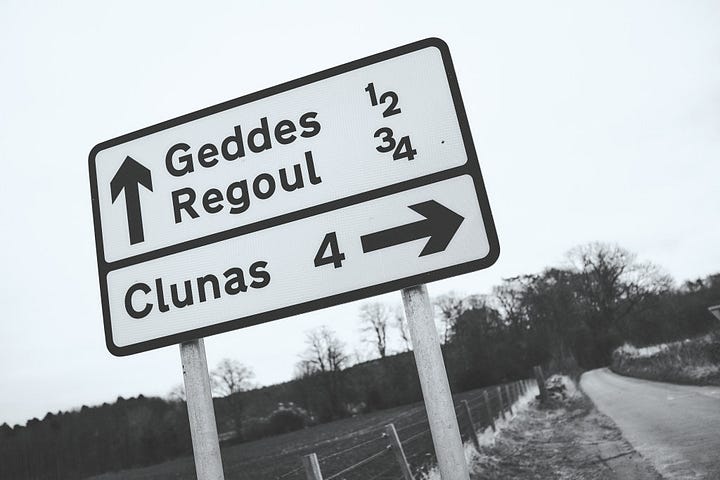
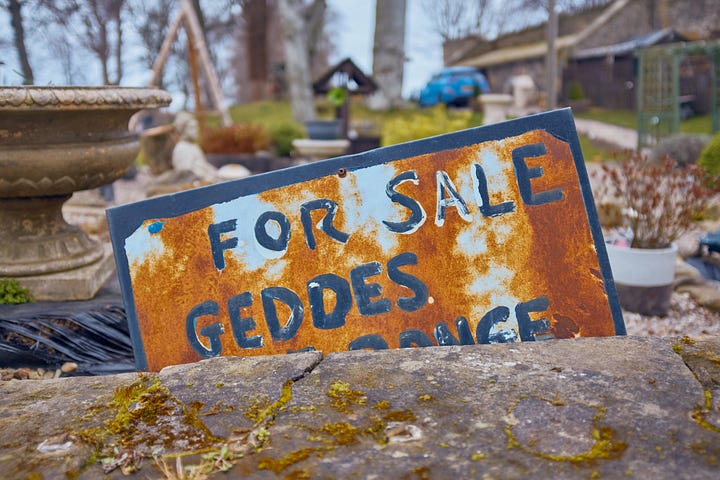
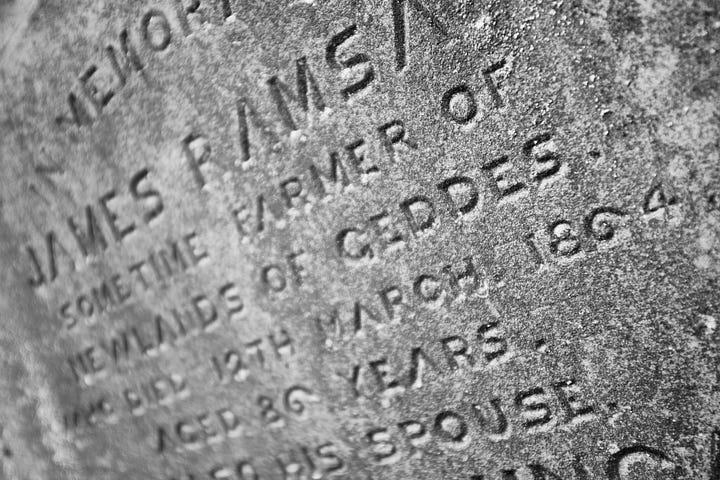


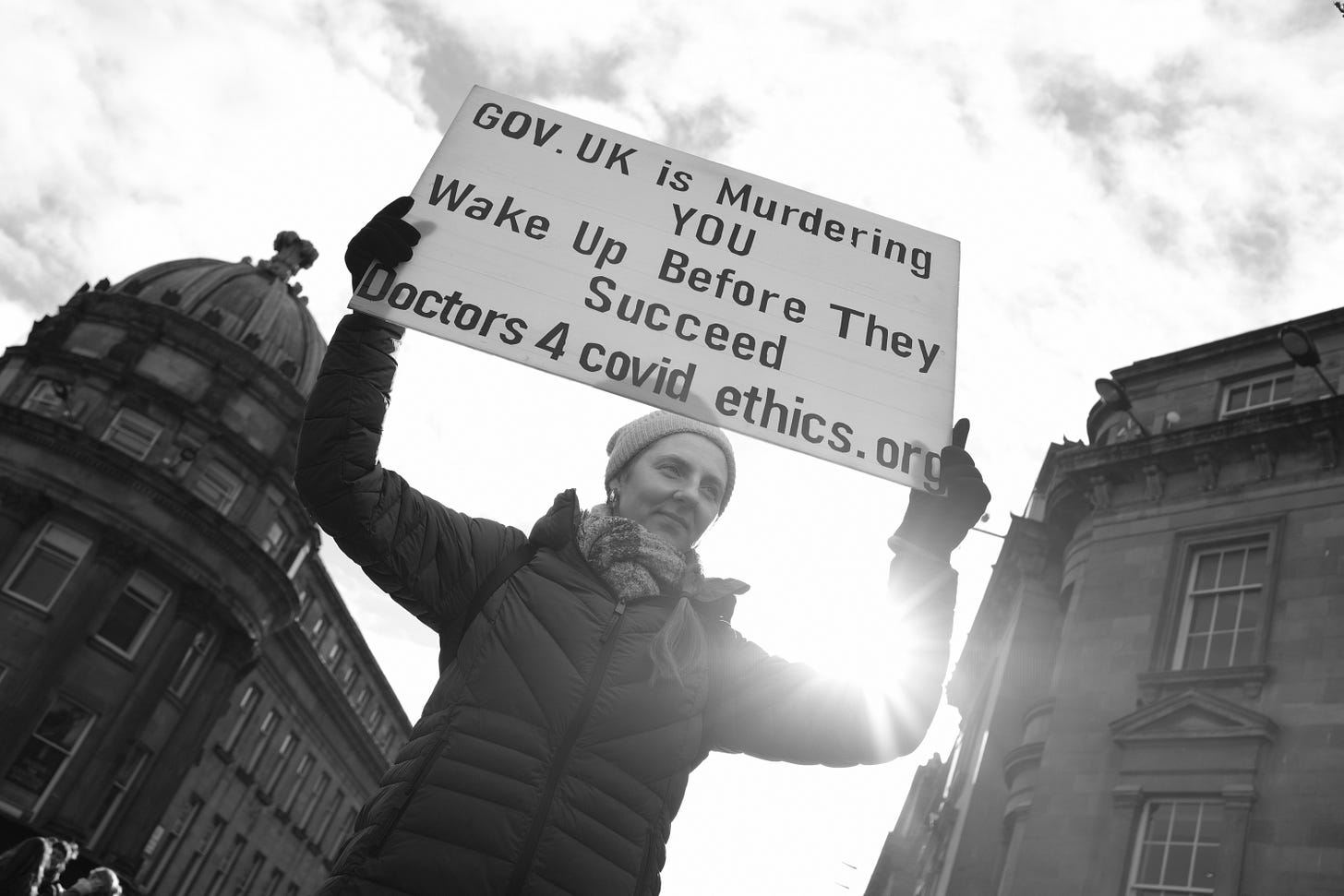
Dear Martin, you are bang on again and your timing prior to the coronation is impeccable. I am also engaging on a parallel line of enquiry myself so it is very heartening to see someone else on the same page. Also raising well reasoned and well executed concerns to those that purport to have power over us.
I would also say that you may have neglected to mention the balancing power of the judiciary within the constitutional structure, which has theoretically a similar role to the balancing power of the peoples jury, however, their independence is regularly called into question within lower courts, such as magistrates where their actions would seem to be in accordance with unlawful government, edicts to pillage the people via administrative courts.
The most important takeaway I have from all of this to anyone reading is to understand the theory and application of jury nullification, which is the time-honoured mechanism, whereby the jury not only judge guilt of the defendant, but also judge whether the law being applied upon them is “just” in the circumstances.
I would direct anyone who is interested in this subject to watch the excellent short video on YouTube between Neil, Oliver, and Will Keyte.
https://youtu.be/7R3KDFeaSK0
I can see that you are getting quite cozy with the splendid William Keyte, Martin. I love that man! You have delivered an excellent challenge to the powers that be and I await the response with great interest. I have been brushing up on Common Law/Sovereignty etc for a while now, listening to the likes of William Keyte, Mark Passio, David Straight and Brent Allan Winters. We all need to become educated on what it means to be sovereign; only then will we have the confidence to stand toe to toe and hold the Government to account. SLAVES NO MORE!